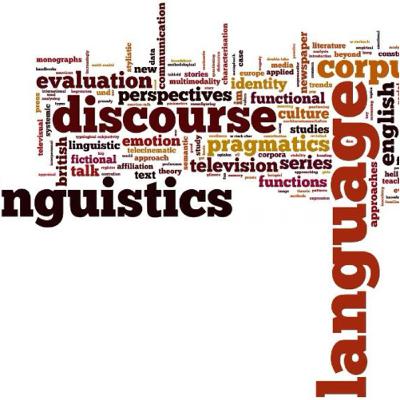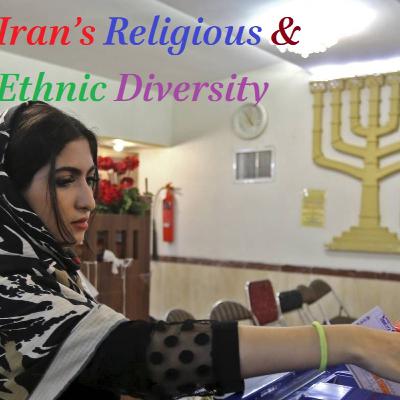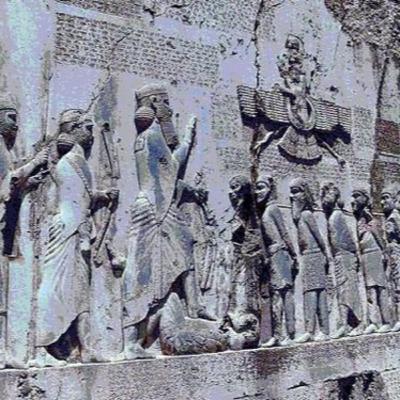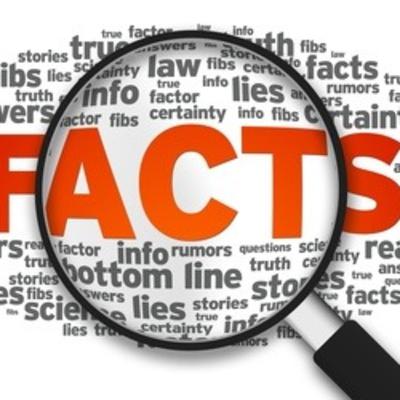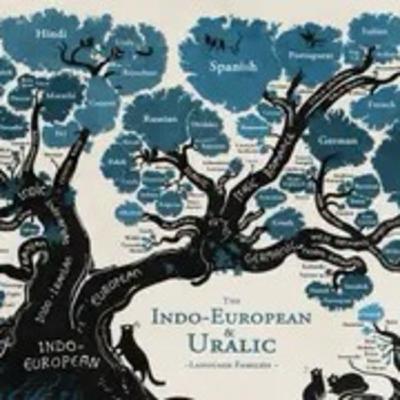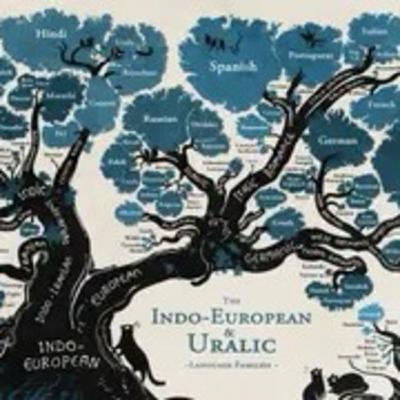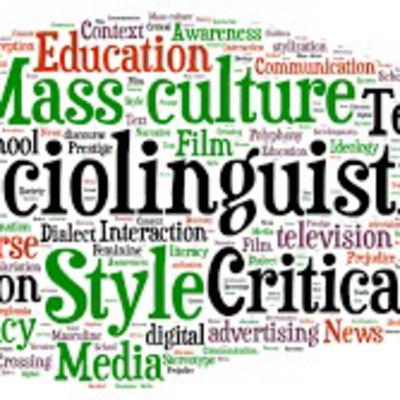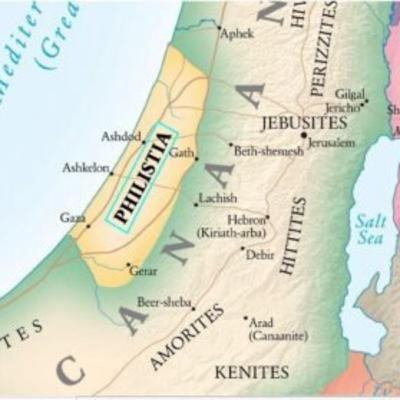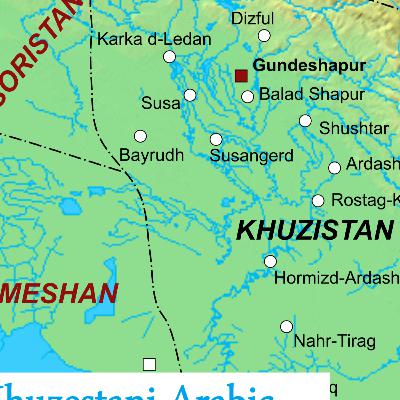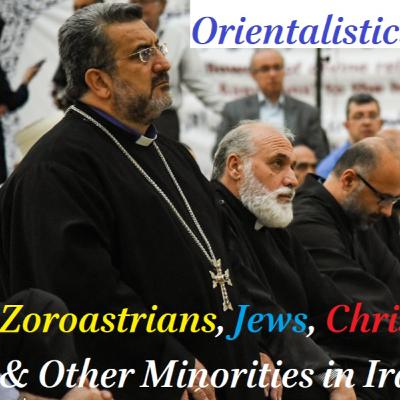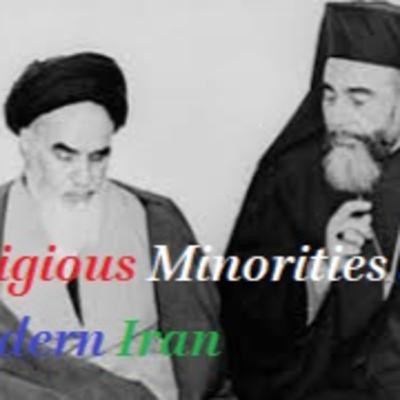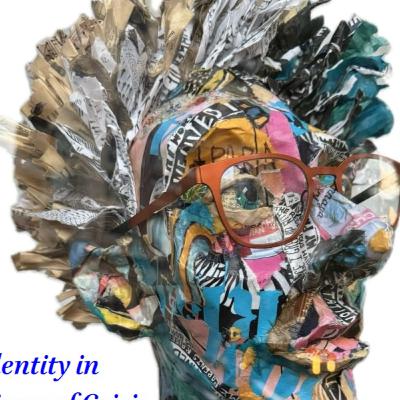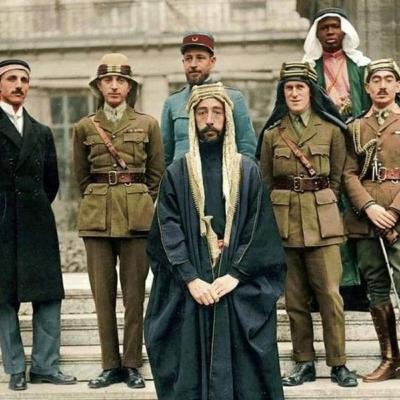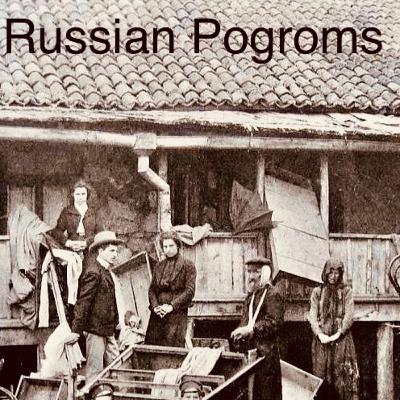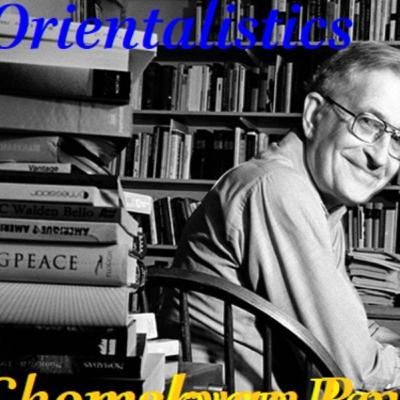Sociolinguistics and Discourse Analysis
Update: 2024-07-12
Description
The intersection of sociolinguistics and discourse analysis highlights how language operates within social contexts, bridging individual language usage and broader societal structures. Sociolinguistics examines language variation and change influenced by socio-economic status, ethnicity, gender, and age, while discourse analysis focuses on language beyond the sentence level, scrutinizing how texts and spoken interactions construct meaning and social reality.
Discourse analysis, rooted in structuralism, post-structuralism, and functionalism, investigates how language is used in real contexts, emphasizing the dynamic interplay between language and social processes. Pioneers like Michel Foucault and Mikhail Bakhtin contributed significantly to this field, with Foucault's concept of discursive formations and Bakhtin's notions of dialogism and heteroglossia highlighting the power relations and interactive nature of discourse.
Foucault, influenced by the French intellectual tradition, focused on the regulatory functions of discourse through power/knowledge dynamics, developing archaeological and genealogical methods to analyze historical discourses. In contrast, Bakhtin, embedded in the Russian literary tradition, emphasized the dialogic and subversive aspects of language, exploring the multiplicity of voices within discourse.
Key concepts in discourse analysis include discourse, genre, intertextuality, cohesion, and coherence. Methodologically, it employs both qualitative and quantitative techniques, such as critical discourse analysis and corpus linguistics, to uncover patterns and ideological underpinnings in language use.
The convergence of sociolinguistics and discourse analysis is evident in the study of social variation in language use, the examination of power and ideology in discourse, identity construction through language, contextualization and pragmatics, and language change. This interdisciplinary approach enriches our understanding of language as a social phenomenon, illuminating the complex relationship between linguistic practices and social structures.
Discourse analysis, rooted in structuralism, post-structuralism, and functionalism, investigates how language is used in real contexts, emphasizing the dynamic interplay between language and social processes. Pioneers like Michel Foucault and Mikhail Bakhtin contributed significantly to this field, with Foucault's concept of discursive formations and Bakhtin's notions of dialogism and heteroglossia highlighting the power relations and interactive nature of discourse.
Foucault, influenced by the French intellectual tradition, focused on the regulatory functions of discourse through power/knowledge dynamics, developing archaeological and genealogical methods to analyze historical discourses. In contrast, Bakhtin, embedded in the Russian literary tradition, emphasized the dialogic and subversive aspects of language, exploring the multiplicity of voices within discourse.
Key concepts in discourse analysis include discourse, genre, intertextuality, cohesion, and coherence. Methodologically, it employs both qualitative and quantitative techniques, such as critical discourse analysis and corpus linguistics, to uncover patterns and ideological underpinnings in language use.
The convergence of sociolinguistics and discourse analysis is evident in the study of social variation in language use, the examination of power and ideology in discourse, identity construction through language, contextualization and pragmatics, and language change. This interdisciplinary approach enriches our understanding of language as a social phenomenon, illuminating the complex relationship between linguistic practices and social structures.
Comments
In Channel

